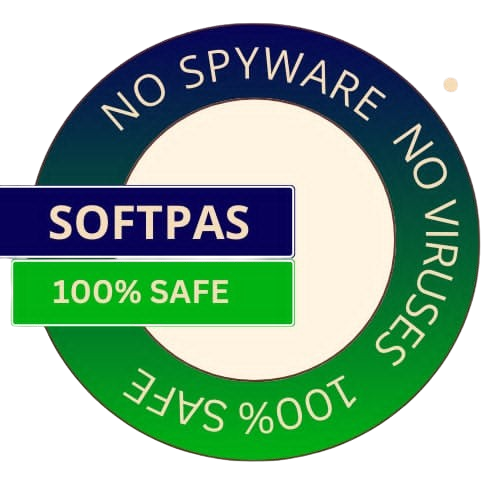
Get the best deals on your favorite games
Hardscan is pretty cool because it acts like a local netstat replacement, but it does things a bit differently. Instead of just listing open ports, Hardscan gets its hands dirty by actually trying to connect to each port and see if it can shake hands with itself.
This tool shines when you're in a tricky spot—like if your system has been compromised. When that happens, tools like netstat might not give you reliable info. So, Hardscan steps in to help you out!
If Hardscan can't handshake with itself on a specific port, that's a red flag! It could mean that the tcp or udp port is already busy doing something else. This could be due to various reasons: maybe something's blocking the handshake or there's already an app using that port.
It's important to keep in mind that while this could signal a virus or hacker connection, it might also just be a normal connection. Hardscan looks at those high-numbered 'ephemeral' ports too, meaning if you're browsing the web while it's scanning, there’s a chance it'll catch those activities.
A standout feature of Hardscan is its “--fast” mode. In this setting, the scanner skips the handshake part and runs much quicker. Sure, this means it's not as thorough since it might be fooled by the OS saying everything's good when it's really not—but let’s face it: most bad guys don’t get fancy with their trojans!
If you want to give Hardscan a try for yourself and see how it works, click here! It's definitely worth checking out if you're into network security.
Go to the Softpas website, press the 'Downloads' button, and pick the app you want to download and install—easy and fast!

SoftPas is your platform for the latest software and technology news, reviews, and guides. Stay up to date with cutting-edge trends in tech and software development.
Subscribe to newsletter
© Copyright 2024, SoftPas, All Rights Reserved.